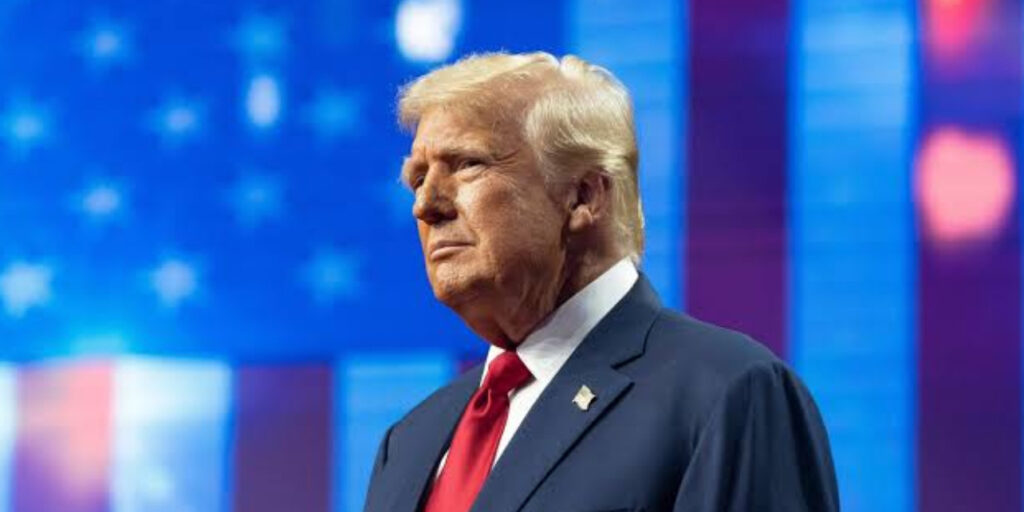The Trump administration is reportedly considering a proposal to expand the Commodity Futures Trading Commission’s (CFTC) authority over the cryptocurrency market, particularly focusing on Bitcoin and Ethereum. This move would shift primary oversight from the Securities and Exchange Commission (SEC) to the CFTC, framing Bitcoin and Ethereum as commodities rather than securities. Together, these two leading cryptocurrencies represent approximately 70% of the global crypto market, valued at $2.24 trillion.
Under the plan, the CFTC would regulate the Bitcoin and Ethereum spot markets, a shift welcomed by the crypto industry, which views the agency as having a lighter regulatory approach. Former CFTC Chair Christopher Giancarlo, widely known as “Crypto Dad,” has endorsed the move, emphasizing the agency’s readiness to oversee digital commodities, provided it receives sufficient resources.
Dissatisfaction with SEC’s Approach
The initiative comes amid criticism of the SEC’s enforcement-driven strategy under outgoing Chair Gary Gensler, which has been labeled as stifling innovation. The shift aligns with Republican goals of reducing regulatory barriers and fostering technological advancement. By empowering the CFTC, the proposal seeks to harmonize crypto regulations and address the longstanding debate over whether digital assets should be classified as securities or commodities.
For years, the SEC and CFTC have clashed over jurisdiction, creating a fragmented regulatory environment. The SEC considers most cryptocurrencies as securities, while the CFTC views Bitcoin and Ethereum as commodities. This inconsistency has driven many crypto firms to relocate operations overseas, seeking regulatory clarity.
Legislative Push for Unified Regulation
A bipartisan legislative effort, the “BRIDGE Digital Assets Act,” led by Tennessee Congressman John Rose, seeks to establish a cooperative framework between the SEC and CFTC. The bill proposes forming a joint advisory committee of 20 private-sector representatives to align regulatory policies. It criticizes the SEC’s enforcement-focused model for discouraging innovation and driving investment away from the U.S.
CFTC Chair Rostin Behnam has also signaled the agency’s readiness for broader crypto regulation, asserting its authority over Ethereum in previous statements. The proposed changes could resolve disputes such as the SEC’s 2023 classification of all Proof-of-Stake tokens as securities, which conflicted with the CFTC’s stance on Ethereum.
Industry and Resource Challenges
The crypto community has expressed optimism about the CFTC taking the lead, with many industry players viewing the agency as more innovation-friendly. One community member noted, “The SEC will no longer be able to strangle the crypto market. The CFTC focuses more on institutional players who can manage risks better.”
However, challenges persist. The CFTC operates with an annual budget of $400 million and a workforce of 700, significantly smaller than the SEC’s $2.4 billion budget and 5,300 employees. Expanding the CFTC’s mandate would require substantial funding increases and resource allocation. Critics have also raised concerns about the impact on traditional CFTC constituencies, such as agricultural commodity traders.
Path to Regulatory Clarity
If implemented, the proposal could bring clearer guidelines for crypto businesses and investors, reducing conflicts between agencies. A CFTC-led regulatory framework could provide the crypto industry with the clarity it needs to grow domestically while addressing bipartisan concerns.
The Trump administration’s plan, coupled with the BRIDGE Digital Assets Act, may reshape the regulatory landscape for digital assets in the U.S., positioning the CFTC as the primary regulator for the crypto market.


